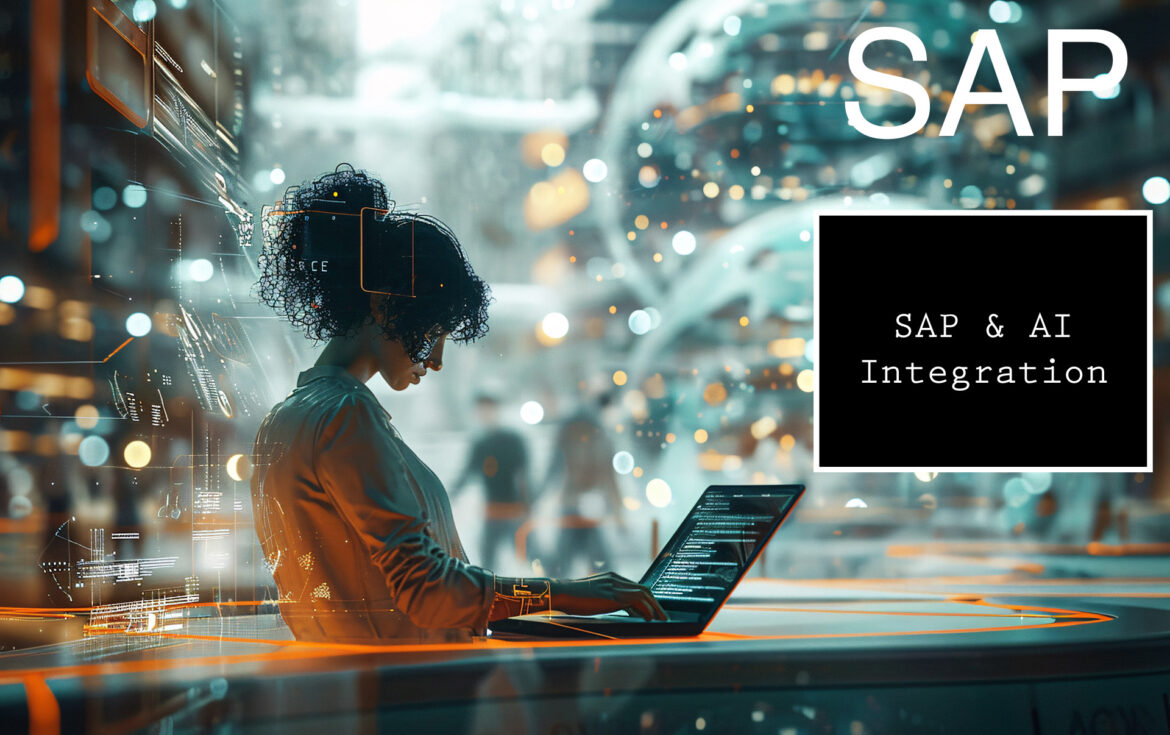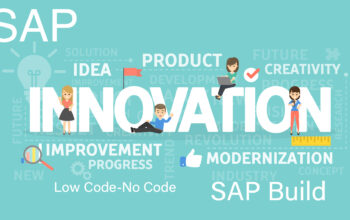Introduction
Artificial Intelligence (AI) is reshaping SAP’s ecosystem, enabling businesses to move from reactive to proactive operations. From intelligent automation in SAP S/4HANA to generative AI in SAP Joule, this guide explores how SAP’s AI innovations are transforming ERP systems and driving Industry 4.0.
What is SAP AI?
SAP Business AI refers to AI-driven capabilities embedded into SAP solutions to optimize workflows, predict outcomes, and personalize user experiences. Key focus areas include:
- Generative AI: Automating content creation and decision-making (e.g., SAP Joule).
- Machine Learning (ML): Enhancing predictive analytics and anomaly detection.
- Process Automation: Streamlining repetitive tasks via AI bots.
Top SAP AI Tools and Solutions
1. SAP Joule
- Role: Generative AI copilot embedded in SAP S/4HANA, SAP SuccessFactors, and SAP Ariba.
- Features:
- Natural language queries (e.g., “Forecast Q3 sales”).
- Automated report generation and anomaly alerts.
2. SAP BTP AI Services
- Role: Pre-built AI models on SAP Business Technology Platform.
- Key Services:
- Document Information Extraction: Auto-process invoices and contracts.
- AI Business Services: Predictive maintenance and customer churn analysis.
3. SAP S/4HANA Embedded Analytics
- Role: Real-time insights powered by AI/ML.
- Use Cases:
- Cash flow forecasting.
- Dynamic pricing optimization.
4. SAP Process Automation
- Role: Low-code tool for building AI-driven workflows.
- Example: Automating purchase order approvals with ML-based fraud detection.
Key Use Cases of SAP AI
| Industry | AI Application | Outcome |
|---|---|---|
| Manufacturing | Predictive equipment maintenance | Reduced downtime by 30% |
| Retail | Demand forecasting & inventory optimization | 20% lower stockouts |
| Healthcare | Patient readmission risk prediction | Improved care planning & cost savings |
| Finance | AI-powered fraud detection | 95% faster anomaly identification |
Benefits of SAP AI Integration
✅ Automated Workflows: Reduce manual tasks by 50% with AI bots.
✅ Enhanced Decision-Making: Real-time insights via predictive analytics.
✅ Personalization: Tailored user experiences (e.g., SAP Fiori recommendations).
✅ Scalability: Adapt AI models to evolving business needs.
Challenges in SAP AI Implementation
⚠️ Data Quality: AI requires clean, structured data from SAP systems.
⚠️ Skill Gaps: Shortage of SAP-certified AI/ML experts.
⚠️ Integration Complexity: Aligning AI tools with legacy SAP modules.
How to Implement AI in SAP Systems
- Assess Readiness: Audit data quality and IT infrastructure.
- Choose Use Cases: Start with high-impact areas (e.g., finance, supply chain).
- Leverage SAP BTP: Deploy pre-trained AI models via SAP Business Technology Platform.
- Train Teams: Upskill employees with SAP Learning Hub’s AI courses.
- Monitor & Optimize: Continuously refine AI models with feedback loops.
SAP AI vs. Traditional ERP: Key Differences
| Aspect | Traditional ERP | AI-Driven SAP ERP |
|---|---|---|
| Decision-Making | Manual, historical data-based | Real-time, predictive insights |
| Automation | Limited to rule-based workflows | AI bots handle complex tasks |
| User Experience | Static interfaces | Context-aware, personalized dashboards |
| Scalability | Requires manual intervention | Self-learning models adapt autonomously |
Future Trends in SAP AI
🔮 Hyperautomation: Combining AI, RPA, and IoT for end-to-end process automation.
🔮 Generative AI Expansion: Wider adoption of Joule across SAP’s ecosystem.
🔮 Ethical AI: SAP’s focus on explainable AI and compliance with regulations like GDPR.
Conclusion
SAP’s AI integration is no longer optional—it’s a competitive necessity. By embedding AI into ERP workflows, businesses can unlock unprecedented efficiency, agility, and innovation. Start small with pilot projects, leverage SAP’s AI tools, and scale intelligently.
Pro Tip: Explore SAP’s AI Foundation on BTP to build custom AI solutions without coding.




